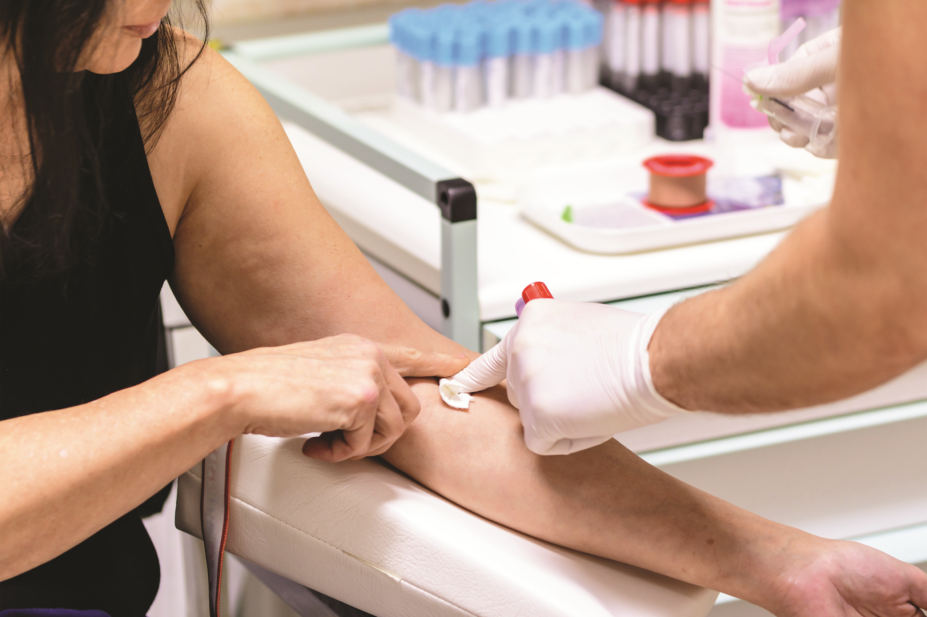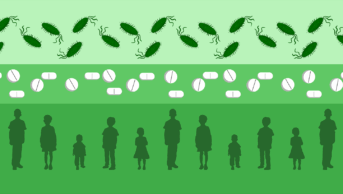
Shutterstock.com
Thyroid hormones should not be prescribed to adults with sub-clinical hypothyroidism (SCH) and clinicians should instead monitor the progression or resolution of the thyroid dysfunction in these patients, experts have advised.
The recommendations are part of the
The BMJ Rapid Recommendations initiative, developed to accelerate evidence into practice to answer the questions that matter quickly and transparently through trustworthy recommendations. A guideline panel, comprising patients, clinicians and methodologists, made the recommendations after a systematic review of randomised control trials showed that hormone treatment did not improve quality of life or symptoms in SCH, which affects up to 5% of the adult population.
The systematic review included 21 trials with 2,192 participants. For adults with SCH, it found that thyroid hormones consistently demonstrated no clinically relevant benefits for quality of life or thyroid-related symptoms, including low mood and fatigue. It also found that thyroid hormones may have little or no effect on cardiovascular events or mortality.
The group used the GRADE (grading of recommendations, assessment, development and evaluation) approach — a system used to assess the quality of evidence — to make their “strong recommendation”.
They concluded that almost all adults with SCH would not benefit from treatment with thyroid hormones. Other factors, such as the burden of lifelong management including daily pill taking and check-ups, and uncertainty on potential harms, contributed to their decision.
Current guidelines tend to recommend thyroid hormones for adults with thyroid stimulating hormone (TSH) levels >10mIU/L and for people with lower TSH values who are young, symptomatic, or have specific indications for prescribing. Research has shown that hormone treatment for SCH doubled in the decade between 1996 and 2006.
The panel said that, if implemented, the recommendations may “substantially alter prescribing trends”.
Helen Stokes-Lampard, chair of the Royal College of General Practitioners, said that, as hormones are powerful drugs, GPs will only ever prescribe them if they think they are of genuine benefit.
“If evidence shows that they are not going to be of benefit to our patients, it is important that we know this and that it is reflected in the clinical guidelines that inform our decision-making.
“The authors make a powerful case based on emerging evidence, and it is important that this new research is taken on board as clinical guidelines are updated and developed, in the best interests of our patients.
“It is also important that patients do not suddenly stop taking their thyroxine medication, but that they discuss this with their GP at their next routine medication review.”
The recommendation does not apply to women who are trying to become pregnant or patients with particularly high TSH levels (>20 mIU/L). It may also not apply to patients with severe symptoms or some aged under 30 years.
- This article was amended on 17 May 2019 as it incorrectly used the term ‘hyperthyroidism’ when it should have said ‘hypothyroidism’


